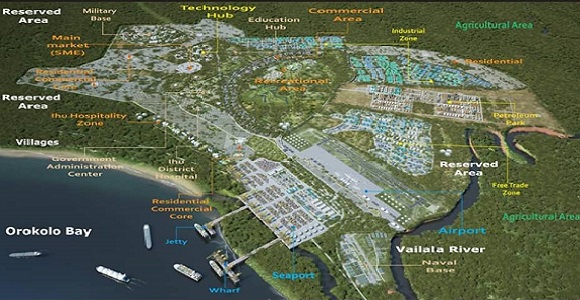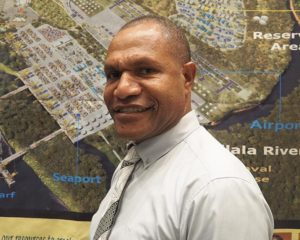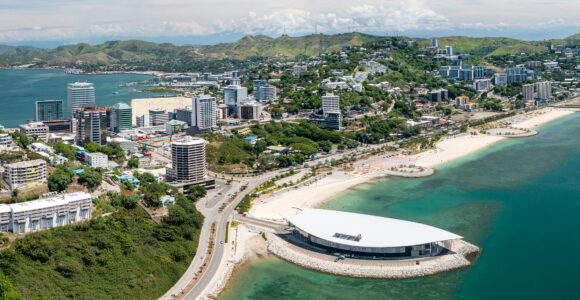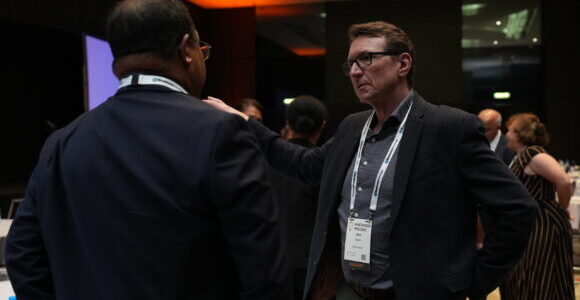Ready for business: Papua New Guinea’s Ihu Special Economic Zone approved
The National Executive Council has given the nod to Papua New Guinea’s first special economic zone. Project Director Peter KenGemar tells Business Advantage PNG about how it could boost local jobs and investment
Papua New Guinea’s Ihu Special Economic Zone (ISEZ) is a step closer to reality after receiving approval from the National Executive Council (NEC).
Special economic zones are designed to offer attractive investment opportunities for international businesses to help the country move beyond its reliance on the extractive industries and help grow small-to-medium business and to help encourage better utilisation of PNG’s other natural resources.
The benefits of the zones are set to include tax concessions and cheaper utilities but full details are pending following the ISEZ launch.
For now Peter KenGemar, Project Director, Ihu Special Economic Zone, says that the ISEZ is ‘beginning its negotiations with investors and developers’ with a view to a big boost in PNG jobs.
‘Just one timber processing facility could generate up to 200,000 jobs,’ KenGemar says. ‘If you look at fisheries, also that is another 200,000 and we are not talking oil and gas or petrochemicals; that’s nearly a million jobs there, the more we look at it.’
But the move away from reliance on resources is, ironically, dependent on one at least one of the extractive industry’s big-ticket projects: the Total-led Papua LNG project.
‘Papua LNG is critical for our project because some of the infrastructure programs we have in place to kickstart our project, the funding is underpinned by the infrastructure development grants that will be coming out of the Papua LNG project. This is a legislated benefit to the resource extraction area. We are front loading this benefit to our ISEZ Critical Capital Infrastructures Projects (CCIP) program. So, that is the money we are looking at for refinancing our program. We have learnt our lessons in PNG-LNG program whereby no major infrastructure projects were implemented and millions of dollars have been squandered.’
That said, KenGemar is not concerned about the potential delay of Papua LNG. The first thing ISEZ needs to do is establish the SEZ authority and ‘we are very happy with their lead time’.
Bringing in international investment including Foreign Direct investment into development of the industrial zones
The ISEZ, it is hoped, will stimulate foreign investment in PNG in areas like manufacturing and exports, and resource processing like marine and forestry. There is also a particular focus on petrochemicals downstream processing, with interest from around the world.
‘Those would be 100 per cent foreign direct investments. Mostly we are talking to Japanese, to Chinese companies and to American and Australian companies and some support services coming out of Manila in the Philippines,’ KenGemar says.
The key approvals from the National Executive Council include:
- the establishment of Ihu Special Economic Zone and ISEZ Development Company
- ISEZ Development Office to engage in discussions and negotiations with project development partners
- the Critical Capital Infrastructure Projects (CCIP) program for ISEZ
- Site Preparations and Management Budget of K105 million for the next five years during the development phase of the project
Watch KenGemar’s presentation on ISEZ and Gulf Province at last year’s Business Advantage Papua New Guinea Investment Conference.






